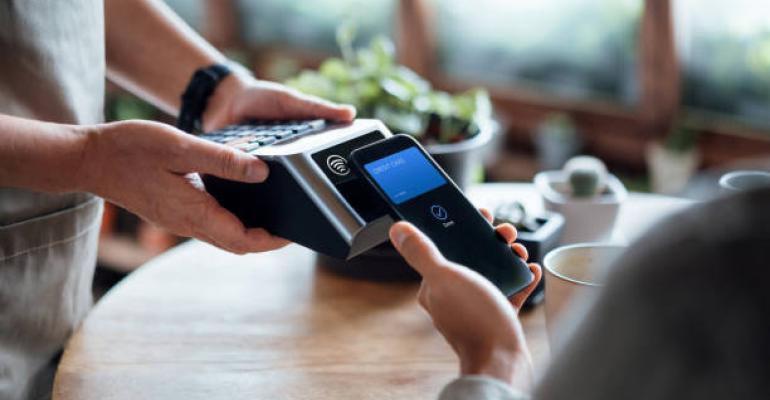Earlier this month, McDonald’s experienced a systemwide tech outage in several of the company’s global markets, including Australia, the United Kingdom, Japan and Hong Kong. Although the company clarified that the IT outage was not a result of a cybersecurity threat, it took much of the day to fix and get mobile ordering and kiosks back online.
Then, a couple of weeks later, on March 24, Panera Bread also experienced a “massive tech outage” that impacted online ordering, POS systems, and in-store kiosks, as first reported by Silicon Valley Daily, though the company was not as forthcoming as McDonald’s had been about the cause, and Reddit users in the Panera community speculated that it could be a cyberattack of some kind. According to Restaurant Business, stores continued to operate while systems were still down by Monday. Panera IT teams assured users on the website that, “We’re working on it. Ovens are warm, bread is baked and our team is ready to serve you in our bakery cafes,” while the app noted that the system was experiencing “essential system maintenance and enhancements.”
Although few details were revealed about either the McDonald’s or Panera outages, the reality is that widespread IT outage can affect operators of any size, and restaurants need to deploy resources from preventing (as much as they can) these issues from happening in the first place.
“In today’s digitally driven world, restaurants heavily rely on technology to streamline operations and enhance customer experiences,” Carissa De Santis, chief technology officer of BRIX Holdings, said. “The recent news stories on high-profile outages at large companies like McDonalds and Panera serve to remind all of us of the vulnerabilities in digital systems. These incidents not only disrupt normal operations but also tarnish brand reputation and can incur significant financial losses.”
De Santis suggested that since most restaurant tech stacks are more complicated these days than they once were, that IT teams need to be careful to select vendors with regularly defined service level agreements and performance monitoring so that they can easily track potential issues with systems.
Other safeguards include investing in redundancy measures and backup systems where certain system components are intentionally duplicated so that there is a backup in case one system goes down. De Santis also suggests deploying failover mechanisms where a server switches to a backup in case of a failure or outage. It’s also crucial to constantly test protocols to determine the amount of load a system can take before issues occur, she added.
Savneet Singh, CEO of PAR Technology, added that ongoing cybersecurity training for personnel outside of the IT team is crucial so that staff can learn to recognize threats and avoid falling prey to phishing attempts or other cybersecurity pitfalls, if indeed, Panera’s issues were due to cyberattacks.
“Preventing IT outages isn't just the responsibility of the tech team – it's everyone’s job,” Singh said. “Leaders need to build this understanding in their culture to ensure everyone is working towards a safe environment and is working in partnership with IT. Additionally, I think IT teams can work to rationalize vendors and build around a more consistent platform, thereby cutting vendors and limiting entry points for bad actors…. By making cybersecurity a prioritized habit across the entire organization, restaurants can drastically reduce their odds of crippling IT disruptions."
Contact Joanna at [email protected]m

